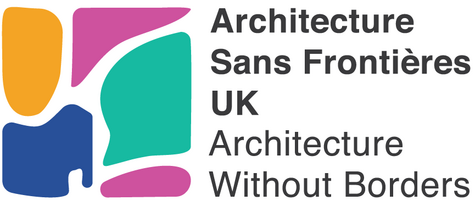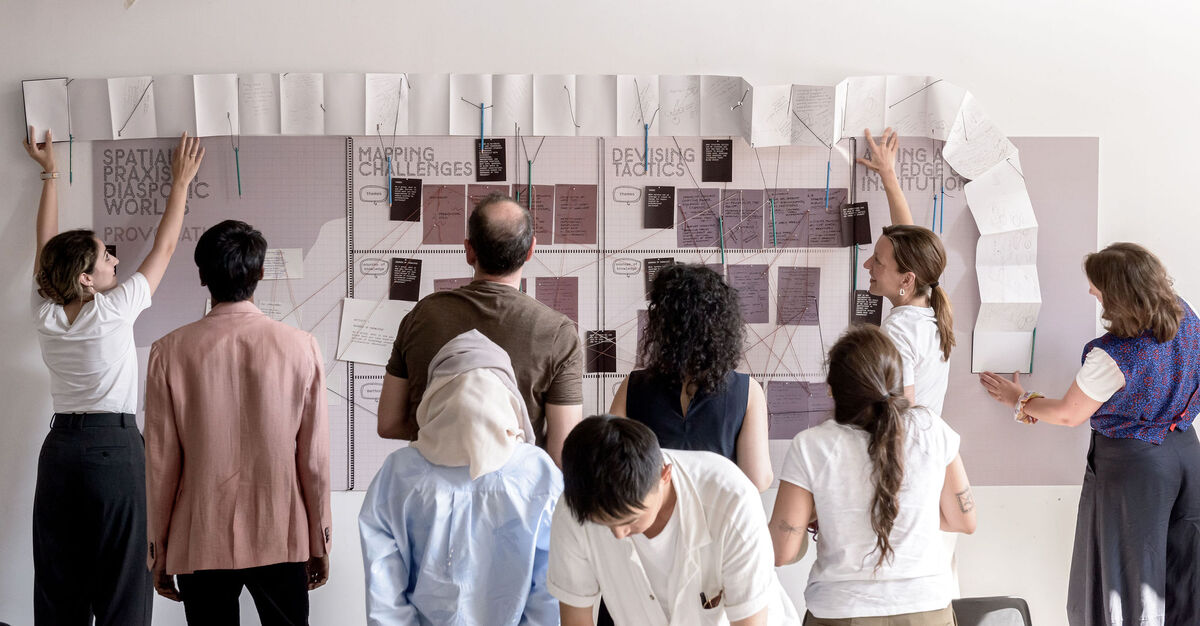
On 20th June 2025, ASF-UK and the Bartlett School of Architecture (BSA) at UCL hosted a one-day symposium titled Spatial Praxis in Diasporic Worlds. This event brought together students, educators, and practitioners from across the UK to explore how architectural education can meaningfully engage with diasporic experiences and methodologies.
Diaspora refers to the circulation of communities and cultures across and beyond national and territorial boundaries. It encompasses not only the physical movement of individuals but also the entanglement of connections, identities, and cultural practices that emerge within diasporic communities. This concept acknowledges the diverse experiences of individuals navigating multiple identities and geographies—describing both a state of being and a continual negotiation between belonging and displacement.
The initiative, supported by the BSA’s Just Environments Values in Action Incubator Fund, arose from a shared concern among institutions that the voices, imaginations, and lived realities of diasporic communities remain marginalised within architectural curricula and pedagogical frameworks. The symposium thus offered a vital space for beginning to redress this imbalance through collective inquiry, experimentation, and co-production.
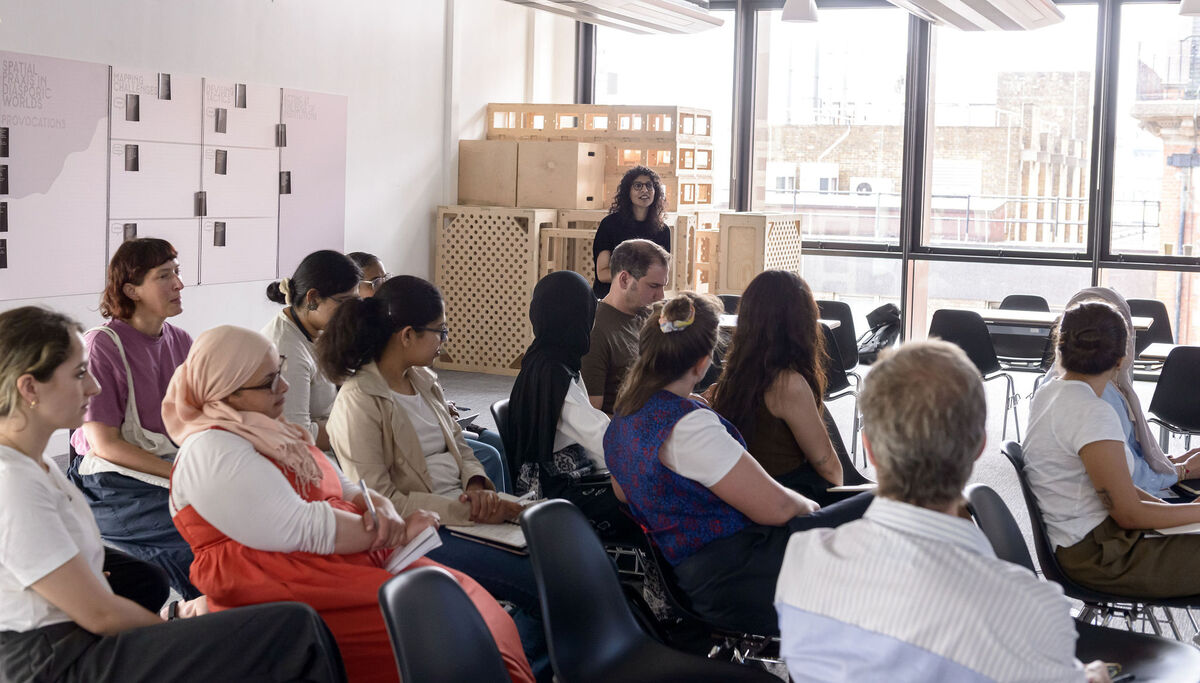
Towards Emancipatory Pedagogies
The day was structured into two parts. The morning began with a series of provocations from participants representing London Metropolitan University, University College London, University of Cambridge and the University of Sheffield. Each team responded to a set of questions that asked what it might mean to centre diasporic worlds in architectural education, and what forms of spatial praxis such a shift might entail.
Presentations explored diverse themes, from infrastructuring diasporic energy worlds and co-learning in refugee camps, to radical pedagogies of bordering and transnational collaborations across institutions. Contributors reflected on how lived experiences of migration, displacement, and hybridity shape not only architectural practice but also the very methods and ethics of teaching and learning.
Discussions surfaced recurring concerns, including the lack of representation in curricula, the narrow range of canonical knowledge deemed credible, and the structural constraints that limit how educators and students can experiment within and beyond institutional walls.
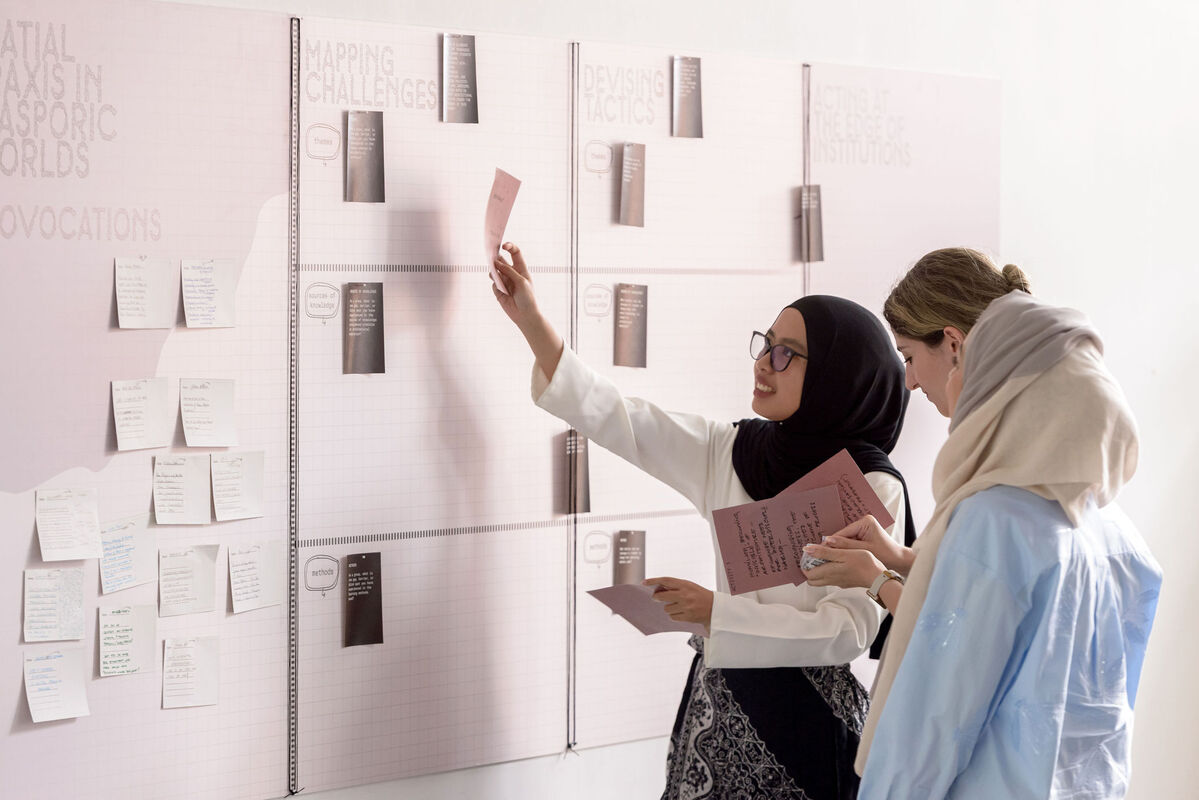
Working at the Edges of the Institution
The afternoon shifted into a hands-on co-production session. Participants worked in mixed groups to map the barriers embedded in architectural education and then devise new tactics to address them. Activities focused on three areas: sources of knowledge, curricular themes, and teaching methodologies.
What emerged were not only critical diagnoses but also inventive proposals. Participants suggested interinstitutional shared briefs, student-led research platforms, tools for publishing marginalised voices, and pedagogical models grounded in care, slowness, and dissent. Particular attention was given to the role of storytelling, unlearning, non-institutional and community-based learning environments that decentre dominant narratives.
By the end of the workshop, connections were drawn across institutional boundaries, pedagogical orientations, and personal positionalities. The wall of the symposium room became a living archive of challenges, ideas, and alliances that gestured toward a more plural, just, and situated architectural education.
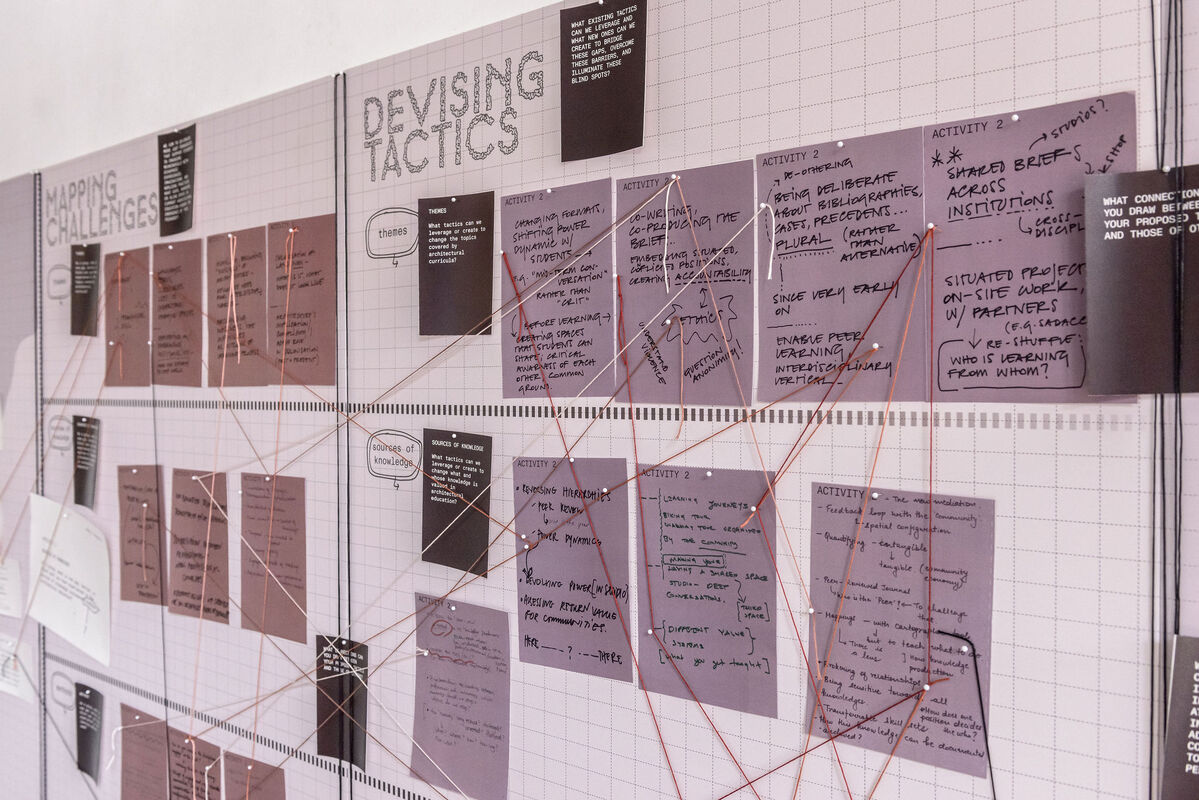
Looking Ahead
The symposium marked an important step in building collective momentum for reimagining architectural education through diasporic lenses. We are grateful to all those who participated, shared generously, and contributed to the conversations and creative processes throughout the day.
To help carry this momentum forward, the day was documented through a short film that captures the collective energy and reflections that shaped the symposium. It offers a glimpse into the conversations and collaborations that unfolded, and will support future advocacy and dialogue.
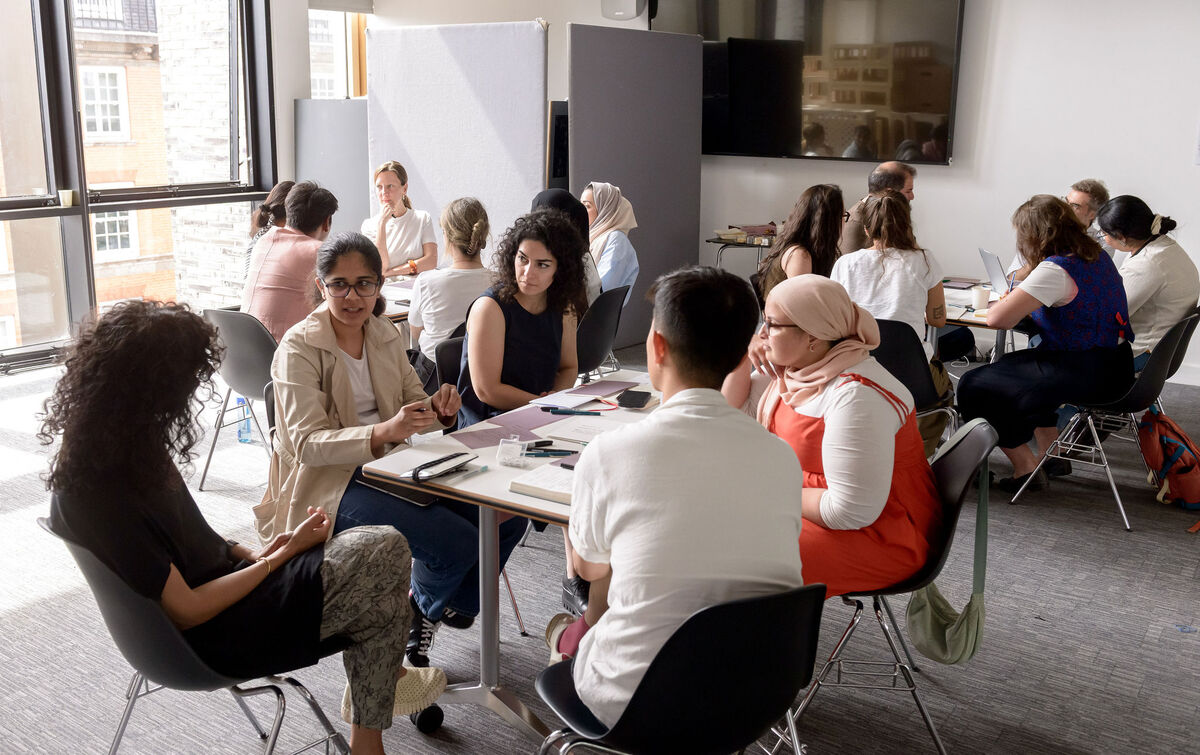
🎥 Watch the short film capturing key moments and reflections from the day here.
As we reflect on the outcomes of the symposium, we hope to continue the conversations it sparked and nurture the alliances that began to form. The ideas shared and tactics proposed offer starting points for thinking together about how to shift institutional practices and reshape architectural pedagogy through diasporic perspectives.
